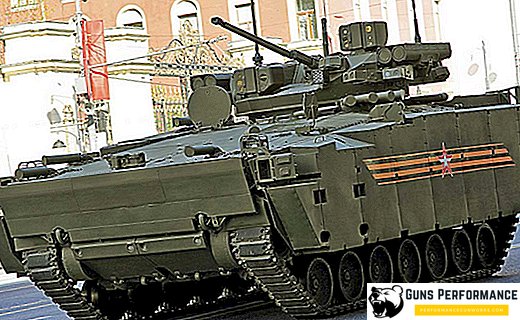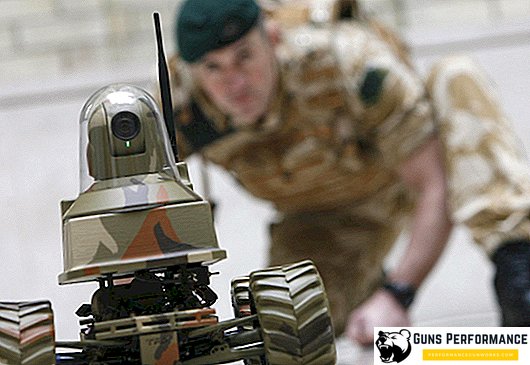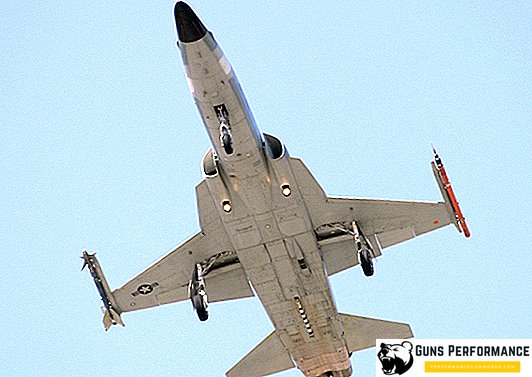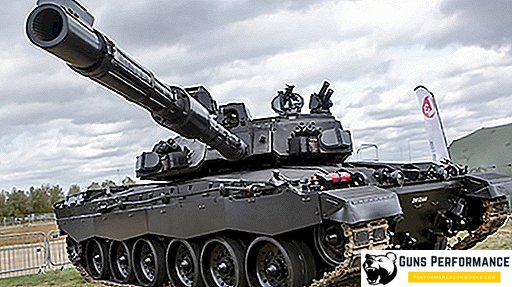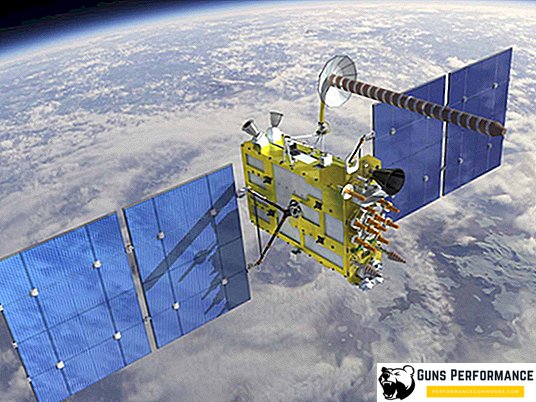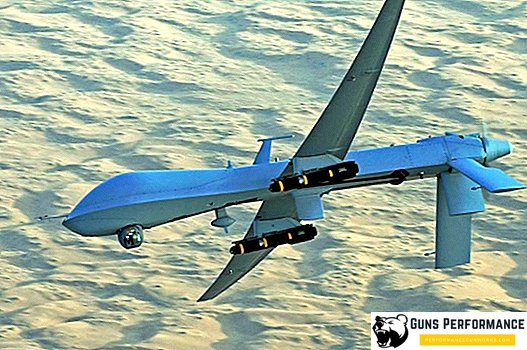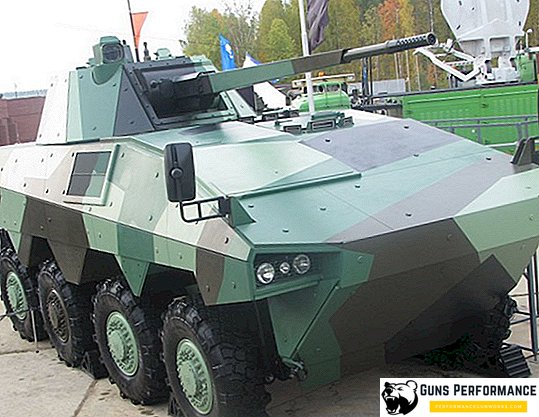Ukrainian President Petro Poroshenko, with the support of members of the National Security Council of Ukraine, sent to the Verkhovna Rada for approval the decision to impose martial law in the country for up to 30 days.
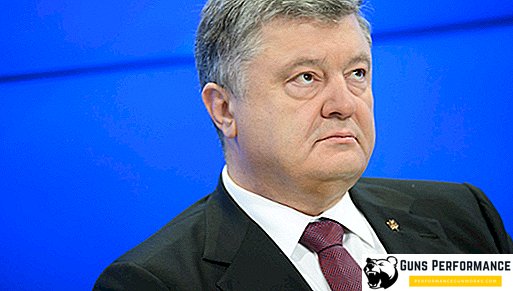
In accordance with Ukrainian legislation, the military situation in the country is a special legal regime introduced in specially specified cases of armed aggression against the state or an attack on it, as well as a threat to the independence or territorial integrity of Ukraine.
Leading political scientists, including those not engaged by Western experts, note that the adoption of the document on martial law is exclusively responsible for the current leadership of the former Soviet republic.
First of all, the imposed restrictions ensure the continued presence of Petro Poroshenko in power. After all, if the term of office of the head of state expires during martial law, then he continues his work until the end of its term. Given the low ratings of Petro Poroshenko, it is easy to assume that his team is ready to go to the most reckless measures to preserve its current legal status.

Secondly, the martial law unleashes the Ukrainian authorities to force persecution of opposition parties. This is a plausible and realizable scenario, especially under the guise of the introduction of a curfew, enhanced security of facilities, special entry and exit regimes, restrictions on the movement of citizens, foreigners and stateless persons, as well as controlling the movement of vehicles, checking documents and, if necessary, inspecting things , cars, cargo, office space and housing.
Moreover, it is prohibited to hold rallies, demonstrations and other public events. The prohibition of political forces and parties, public associations is not excluded, if their activity is aimed at "liquidating the independence of Ukraine, changing the constitutional system by force."
Organized special regulation of the activities of printing companies, publishing houses and the media.
Then you can bring the facts in favor of the Ukrainian business elite, which still applies to the current president of Ukraine Petro Poroshenko. Namely, the possible transfer of enterprises of any form of ownership under state management for the use of their facilities in the interests of meeting military needs. In other words, a legal redivision is being prepared in the interests of the Ukrainian oligarchs close to Petro Poroshenko. However, the head of state himself is unlikely to want to stand aside and not grab any more tidbit of the still existing Ukrainian industry.
Surely on the part of the population of Ukraine, we should expect a manifestation of enthusiasm from the imposition of martial law. After all, a ban is also expected on changing the place of residence of persons liable for military service without the permission of the military commissar or subunit of the Security Service of Ukraine and intelligence, a duty may be established for citizens and legal entities to host Ukrainian military personnel.

Based on the unsuccessful experience of the military campaign of 2014 for the Ukrainian Armed Forces, we should expect mass escapes of the military-obliged population from places of permanent residence and its migration to countries neighboring Ukraine, including the Russian Federation.
It is unlikely that Petro Poroshenko in the foreseeable future will be limited to only one term of martial law. In the absence of a growth in his rating before the presidential election campaign scheduled for next spring, it can be assumed with almost 100 percent certainty that the period of the special status in the country will continue. This will require new provocative actions that will not be long in coming. Especially considering what "talented" masters of the draw of provocative scenarios are now sitting in the power structures in Kiev.



